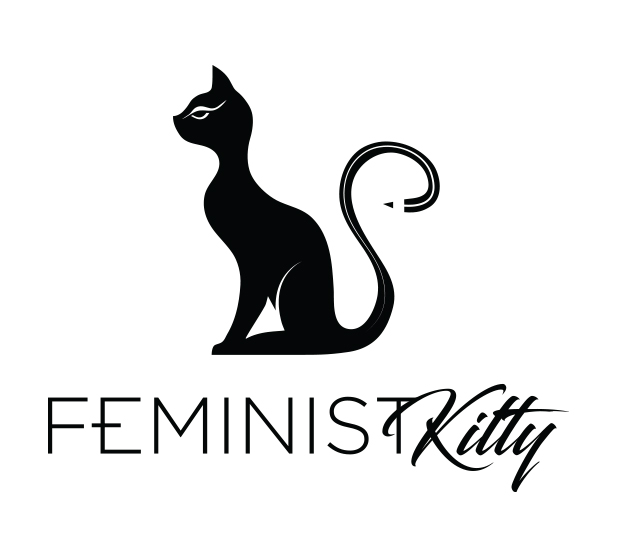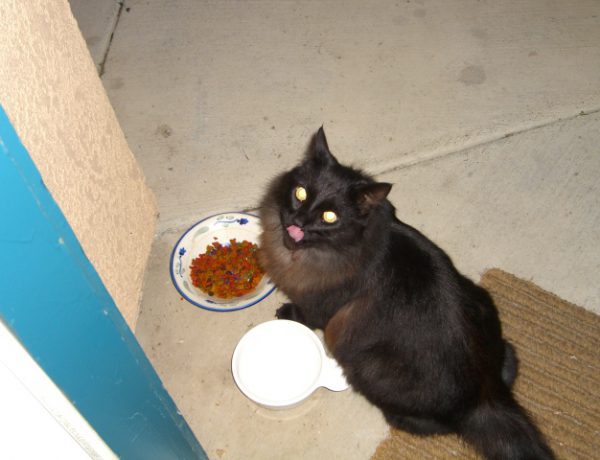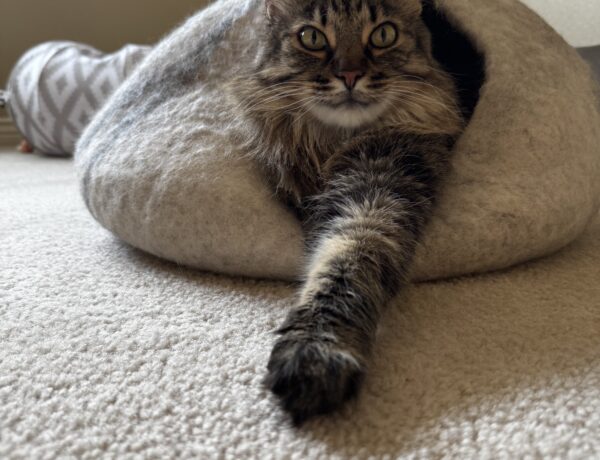We’ve all heard about the benefits of probiotics, but there’s a growing body of data around the benefits of prebiotics, including beta-glucans.
What are beta-glucans?
Beta-Glucans are soluble and insoluble fibers present in certain types of fungi, yeast, and algae. The health benefits of beta-glucans have been well documented over the past two decades, including their anti-tumor properties, ability to fight infections and diseases, lower cholesterol, manage allergic diseases, and even aid in bone healing. Beta-glucans activate the immune system “and trigger a group of immune cells including macrophages, neutrophils, monocytes, natural killer cells and dendritic cells.” Their immunomodulatory properties vary depending on the source they’re extracted from, but their effects have been documented in a wide variety of species including “earthworms, bees, shrimp, fish, chicken, rats, rabbits, guinea pigs, sheep, goat, pigs, cows, monkeys, and humans,” and “It has been concluded that glucans represent a rather special immunostimulant that is active in every species, and therefore it is one of the few immunostimulants active across the evolutionary spectrum.” Beta-Glucans found in yeast (Saccharomyces cerevisiae) is well known for its anti-inflammatory, antimicrobial, and immunomodulating activities. Beta-glucans found in fungi and oat have documented anti-tumor activities, and are being evaluated as a tool for human cancer treatments.
In dogs, a proprietary fungi (turkey tail) based beta-glucan product known as Im Yunity has shown promise in treating hemangiosarcomas. Although more recent data has shown mixed results, “numerous animal and human studies have shown remarkable activity against a wide variety of tumors.” In a rat study, beta-glucans “significantly accelerates the remission of CD (Crohn’s disease) and reduces the severity of inflammation at the later stage of its development.”
Not surprising, pet food companies are exploring using beta-glucans in pet foods to boost their nutritional value, and there are several over the counter products available that contain beta-glucans that are generally considered safe and beneficial for cats, especially if your cat has any kind of underlying medical condition.
What’s the best beta-glucan product for cats?
Like with many other supplements, quality of sourcing and extraction method is important. If you’re looking to supplement your cat’s diet with beta-glucans, consider Rx Vitamins GlucaMune, Now Beta-glucans, or Kibow Fortis. Have a dog? Try this product from AnimalBiome. In terms of beta-glucans, Kibow is the superior product, containing both beta-glucan sources that have anti-tumor properties as well as immunomodulatory properties. Kibow Biotech also produces the animal health supplement Azodyl. I gave my own cat (that had small cell lymphoma) Kibow 2x a day for over a year. Now and Kibow are human supplements that need to be dosed down to cat-size appropriate amounts. The dosing for Now is ¼ a cap split into two doses, given with food. The Kibow dosing is 1/32-1/16 tsp split into two doses, given with food. Always start low and work up. These supplements contains both soluble and insoluble fiber, so watch for bulky stool or signs of constipation. With Kibow you must buy the tablets, crush or blend into a powder and store in a small container. If you’re using Now or RX Vitamins you can also supplement Adored Beast’s turkey tail, if you’re looking for fungi based beta-glucans with anti-tumor based properties. Finally, if you have a cat with cancer or tumor(s), consider using Im Yunity (please discuss with your oncologist or IM vet). While there is no dosing data for cats, I dosed it based on dog weight for my Bengal Rocky that had a sarcoma with no side effects. Additionally, beta-glucans can work synergistically when paired with a good probiotic, like visbiome.
Summary
Beta-glucans are really a powerhouse for the immune system and show ample benefits when supplemented in both animals and humans. While the data to utilize them for things like cancer treatments are still being refined, many cats may still benefit from the addition of beta-glucans in their supplement routine.
*Disclaimer – Please discuss all supplements with your veterinarian. This is not medical advice. Some product links may be affiliated. As an Amazon Associate I earn from qualifying purchases. Thank you for supporting my work.




No Comments